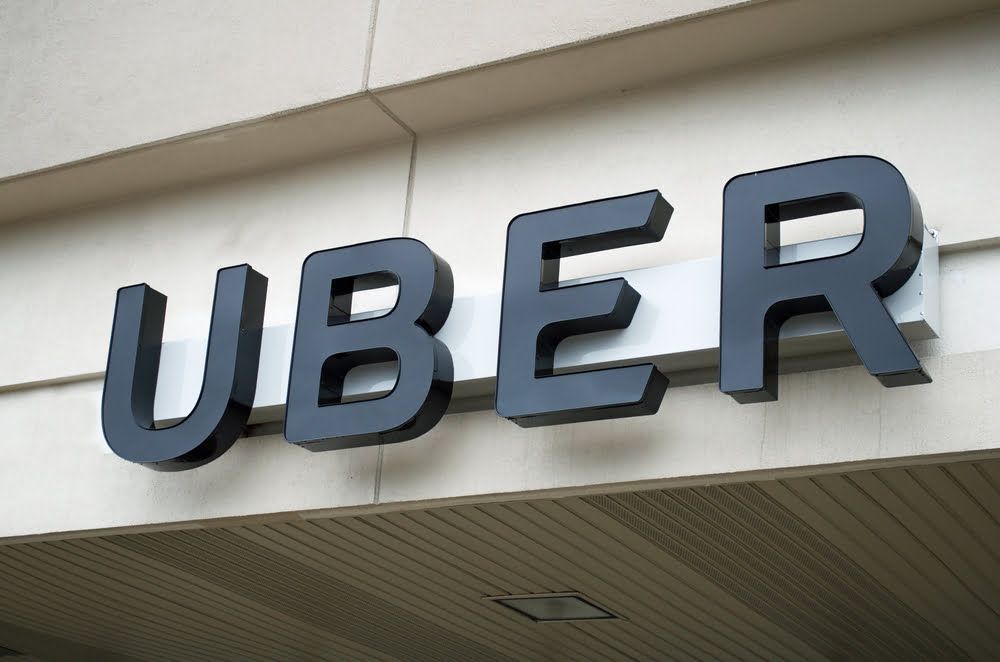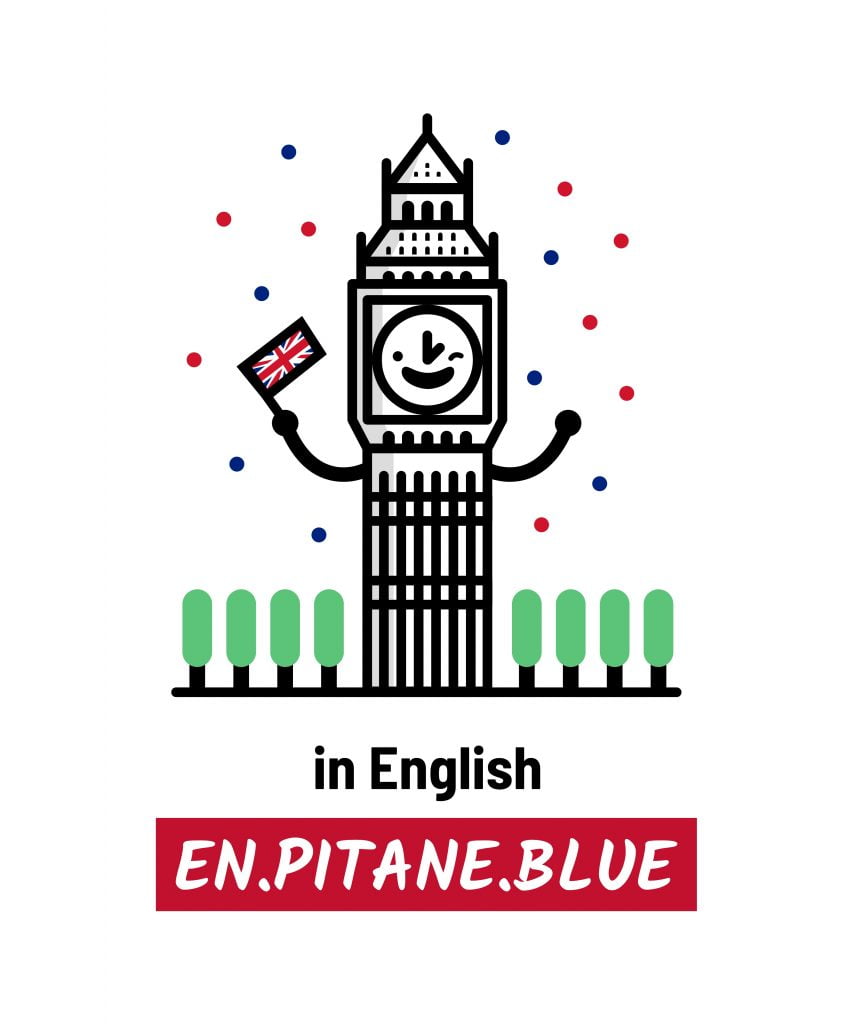If you as a consumer do not want to buy clothes from factories in countries such as Bangladesh, where people work under very poor working conditions, do not let Uber drive you around. In recent months, we have seen a lot of misery among freelancers in the taxi sector who were working for Uber before the corona crisis.
A restart is no longer an option for many drivers. Consumers must stop en masse to Uber's way of working in the Netherlands by ignoring the company. After answers to questions to Minister Koolmees by members of the House of Representatives, we clearly see that the cabinet is also avoiding answers when it comes to the working method of the online booking platform and the exploitation of Uber drivers.
a warning in advance
First of all, let us state clearly that many taxi drivers saw Uber as the ideal solution for the problems in the ZZP market for taxi companies. When I warned many entrepreneurs about the consequences that were coming at them, they looked at me as if I came from another planet and did not know what a modern entrepreneur is looking for. The consumer does not feel sorry for the taxi drivers and wants to travel from A to B as cheaply as possible, pay in advance and no hassle about fares.
Let us keep that from the Uber story and get started now. Despite all warnings from unions, contracting companies and the trade association, the taxi drivers did not know how quickly they had to work for the booking platform. It seemed more as if the 'old' sector did not know what it was doing and that the conservative behavior of the sector and trade association was a thing of the past.
deserted
Modern Uber, it was the new business and every journey was one. Many journeys with minimal income yielded a little more than nothing and finally the lease car has to be paid. Fortunately, the corona crisis opened the eyes of entrepreneurs who felt abandoned by the powerful stock market-listed Uber. While FNV wrote a lot to it white paper Taxi drivers got into massive trouble about Uber, which was received by Amsterdam Alderman for Traffic and Transport Sharon Dijksma. Parliamentary questions follow one another and are pending in all countries lawsuits Tegen the platform economy called Uber.
tax authorities are not specifically engaged in self-employed constructions
There is no list of flagged companies or sectors that may be malicious. The Tax and Customs Administration does not rule on individual taxpayers on the basis of its duty of confidentiality, this also applies to Uber. The Tax and Customs Administration does not specifically target self-employed constructions among taxi drivers. Supervision of payroll taxes by taxi drivers takes place in a risk-oriented manner in small and medium-sized enterprises.
Large taxi companies provide individual customer treatment, which may include supervision of payroll taxes. The results of the assessments of labor relations for payroll taxes are not tracked nationally at the level of a specific profession, such as taxi drivers.
volume control measures
Minister Koolmees says that under independent chairmanship and guided by the Municipal Network for Mobility and Infrastructure (GNMI), talks were held with municipalities about the problems on the taxi market that municipalities experience locally and the available instruments to act against them. For example, to prevent problems related to nuisance or public order, municipalities can take volume-limiting measures under the Municipalities Act and road traffic legislation, for example by means of smart access. The Services Directive does not apply to services in the field of transport, such as taxi services.
Individual drivers' earnings depend on many different factors, including whether they are salaried or entrepreneurial. In principle, a form of volume policy will have no consequences for the demand for taxi transport, but will at most distribute it differently among the available taxi drivers. A positive effect on the income of one driver will in that case, according to the Minister of Social Affairs and Employment Wouter Koolmees, mean a negative effect on the income of another driver.
appearance of independence or employment?
The highest court in France sees drivers of the digital taxi service Uber as employees. HThe French Supreme Court ruled in its judgment that when a driver makes contact with Uber's digital platform, that there is a relationship of subordination. In that case, the driver is regarded as an employee. What to put in then The Netherlands happen to make the same statements and what has Uber arranged politically to prevent this?
For self-employment, it must be possible to build on your own clientele, that there must be freedom to set your own rates and that there must be freedom to determine the conditions for the provision of the services. This is not the case with Uber drivers. Daarmee has this judgment similarities with the Dutch system and the elements that Dutch judges take into account when assessing the employment relationship. The same applies to legislation in other Member States.
no Uber services outside employment
In a general sense, clients and their contractors are currently experiencing insufficient clarity in which cases there is an employment relationship. The government considers it important that these parties, including platform organizations and drivers, get more clarity about the status of their employment relationship. That is why the Cabinet is conducting a broad discussion with relevant field parties about the way in which work is done and to what extent certain working methods lend themselves or not to work outside employment.
thrown out of the Uber system
When asked whether Minister Koolmees shares the opinion that Uber drivers should be able to be sure of a decent income, control over their work (times) and clarity about when and why they can be thrown out of the Uber system, the answer is:
“The labor, wages and authority criteria from the Civil Code determine whether there is an employment relationship. In the case of employment, the employee is protected by employment law. Among other things, the Minimum Wage Act and the rules on dismissal law from the Dutch Civil Code apply. If one works as a self-employed person (and therefore there is no employment relationship), no claim can be made to the protection of labor law. "
Also read: Free game for social exploitation and Uber in Antwerp





